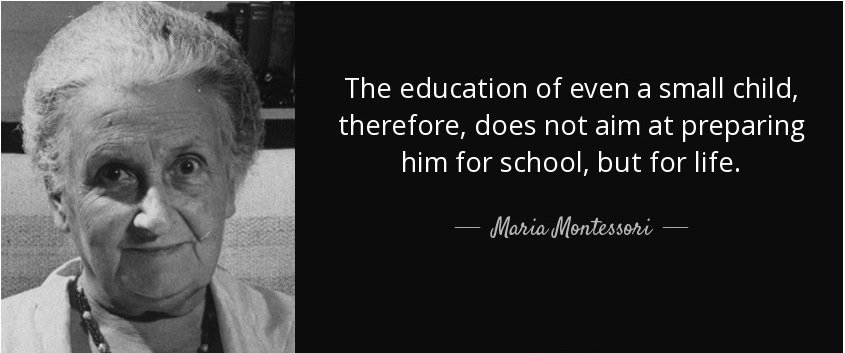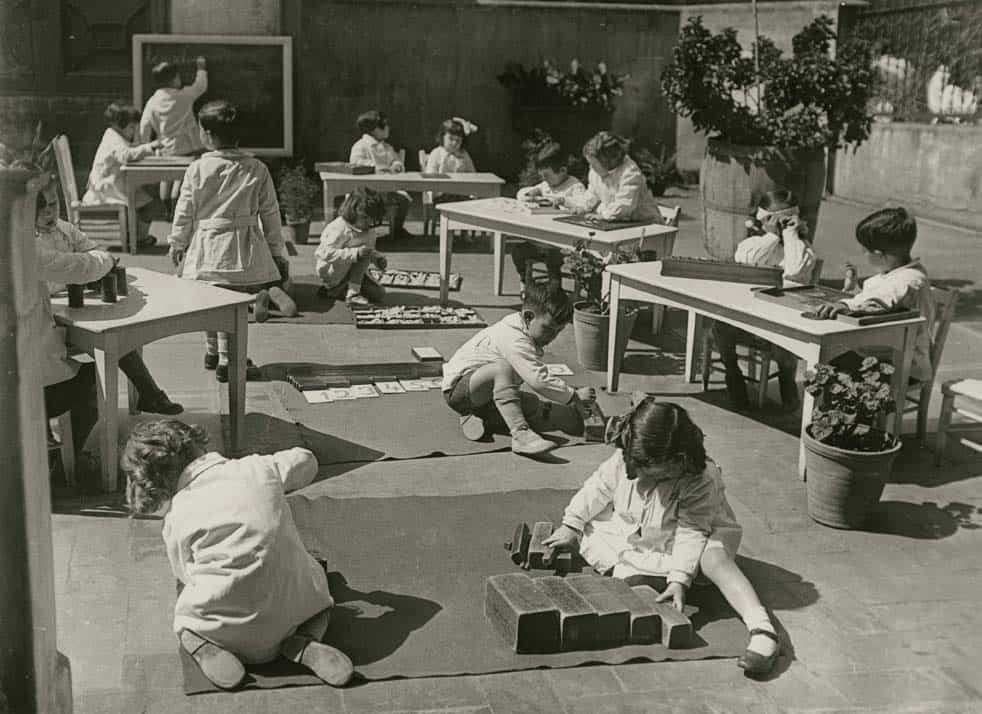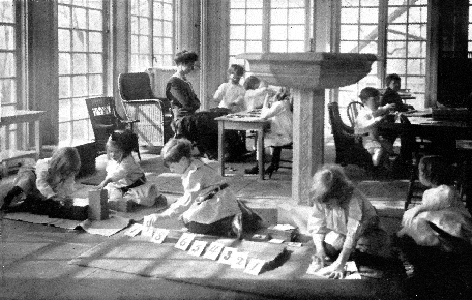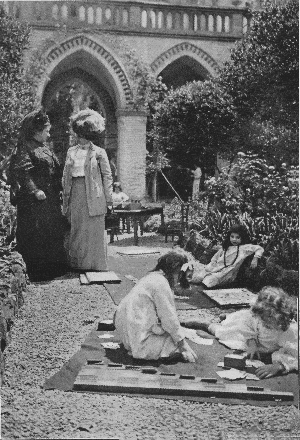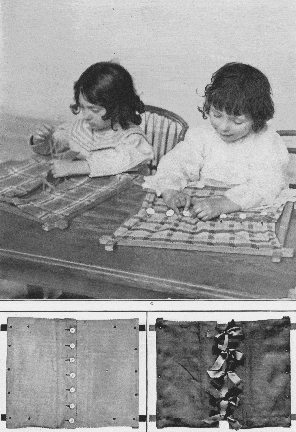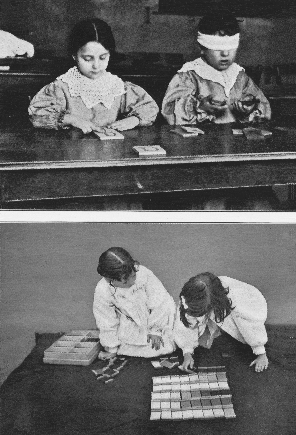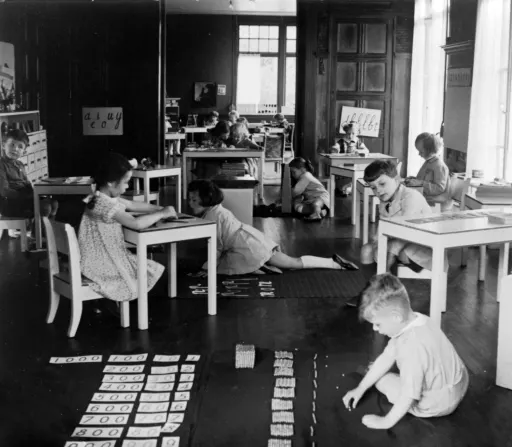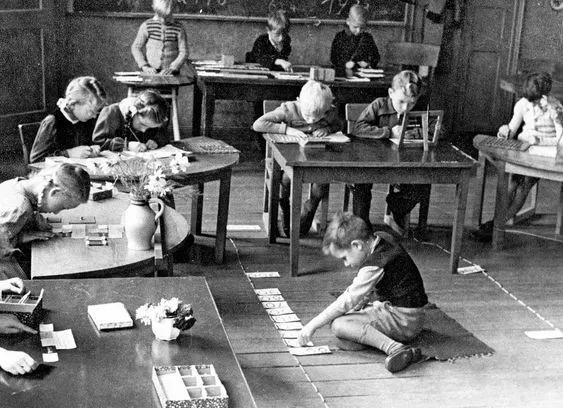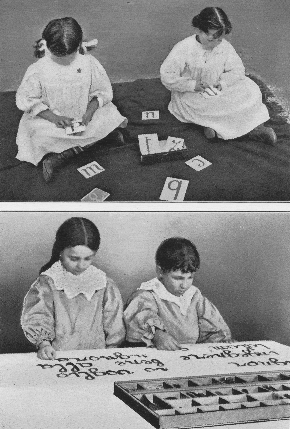The Montessori Method of education is a child-centered, rather than a teacher directed method of education. It is based on the science of observing the child from birth to adulthood in an effort to understand and meet his needs in all areas of development within the framework of the prepared classroom environment and in partnership with parents. The child’s needs, interests and unique potential are revealed through his work in a prepared environment in which he learns through his senses and through physical movement. Children learn by doing and are given the opportunity to work at their own pace in a mixed-age grouping which allows for real life experiences. In this model children learn to become self-evaluators, and independent learners who maintain a love of learning throughout their lifetime. Dr Montessori’s method has been tested over time, with over a century of success throughout the world. There are now more than 22,000 Montessori schools in at least 110 countries worldwide.

Montessori emphasizes reality-based hands-on learning. Classrooms are arranged with child-size furniture and open spaces to invite movement and exploration, with materials available on shelves around the room. Prepared environments allow the teacher to give presentations of activities available on the classroom shelves, as well as observing children using the materials. Children can observe a presentation, work independently, get their own snack as the need arises. Children are allowed freedom of choice within limits in order to develop self-control and concentration.
These special environments also let children explore materials through a variety of tasks, which leads to thinking about how the tasks and materials all relate to each other. Each activity takes place at a table or on a mat. Free interaction in the classroom helps our learners develop social relationships, with the older children helping or mentoring the younger ones. Meanwhile, the logical, sequential nature of the curriculum provides orderly structure that guides discovery and creativity.
This setting naturally leads to every child feeling important and like a member of the community. Children in the Montessori environment feel active, confident, excited, happy, relaxed, sociable and proud as they do their daily work. In short, Montessori learners discover the joy in learning, and develop a sense of pride and ownership in their work.
This is education for our rapidly changing world.
This is education for the future.
This is education for life.

